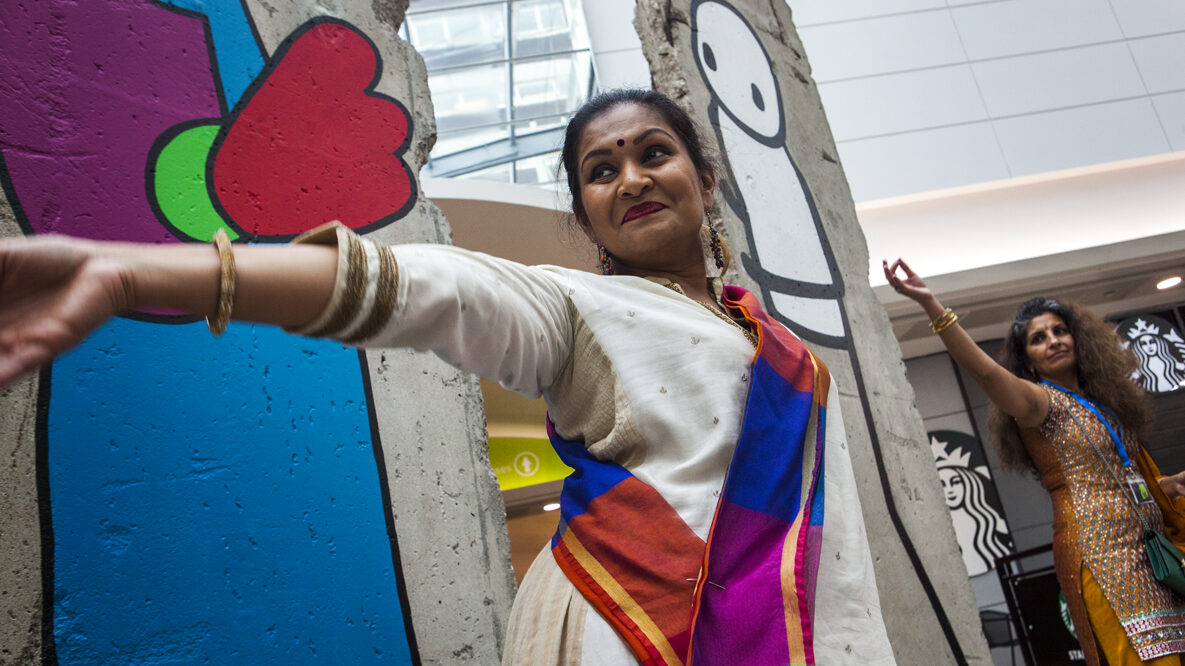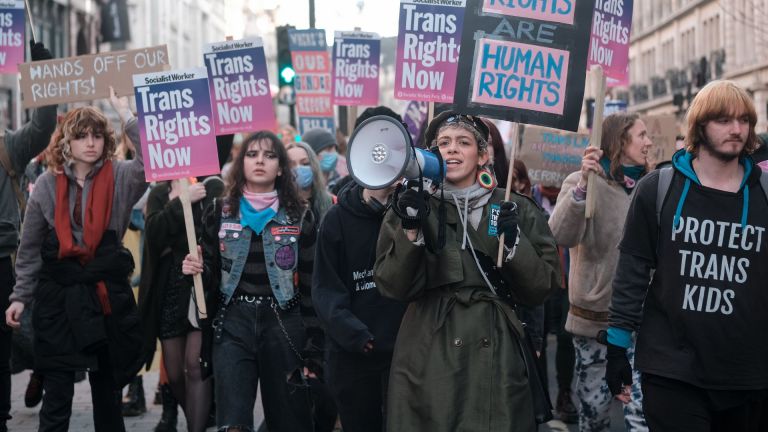Not for the first time we have the same talk of “record high immigration” when the latest statistics are released, yet statistics alone rarely give a full picture.
Immigration statistics in particular are problematic. They tend to show how many people are staying in the UK for a certain period, but not what that person is doing, or what the impact really is. Most importantly they do not really show why someone has come to the UK. We can say someone is here on a work visa, or a student visa, but we cannot say from looking at the statistics what made them choose the UK over all the other countries in the world to work or study in.
Where statistics become especially problematic is in how they are used to shape anti-immigration arguments, which increase hostility not only to migrants, but also minorities. You cannot tell if someone is a migrant just by looking at them, but we see plenty of people try. We have already seen, in particular in relation to those seeking asylum, how misused, or misunderstood, statistics, are spun by some as an argument for denying human rights to whole groups. The rhetoric surrounding “small boats” for example. Channel crossings make up fewer than half of asylum applications in general, but almost 100% of political talking points. They have been used to push for policies, such as the recently ruled unlawful plan to send people to Rwanda, and some are even trying to use them to limit who can be protected by universal human rights.
Part of the way this is done is by creating a “fear” around the long-term impact of immigration. You cannot reliably use immigration data to predict long-term trends though. People move for a multitude of reasons, mostly personal. Trying to use data from today to predict a trend 10, 20, 50 years down the line is impossible, there are too many unknowns and variables. You can make rough guesses, but that is all they really are, just guesses. This scaremongering though plays into the hands of those who want to prevent people coming to the UK. It still does not tell the whole story though.
Change a Big Issue vendor’s life this Christmas by purchasing a Winter Support Kit. You’ll receive four copies of the magazine and create a brighter future for our vendors through Christmas and beyond.
Immigration statistics do not, on their own, show how international students help ensure the ongoing viability of the higher education sector for everyone. They do not show how the links built through people moving from one country to another help strengthen international relations, and thereby can benefit trade, security, and information sharing, among other things. They ignore that no matter where someone comes from they still need to live. That means buying food, clothes, renting a home, paying bills, working etc, all of which contribute to the country, and economy, as a whole. There is a term in economics called the “lump of labour fallacy”. It is the assumption that there is only a fixed number of jobs in any given economy. There is a very simple reason it is called a fallacy though, because it is so obviously wrong. It would mean that new jobs would never be created. Every migrant who comes to the UK is helping to create jobs, just by the very nature of living here.










